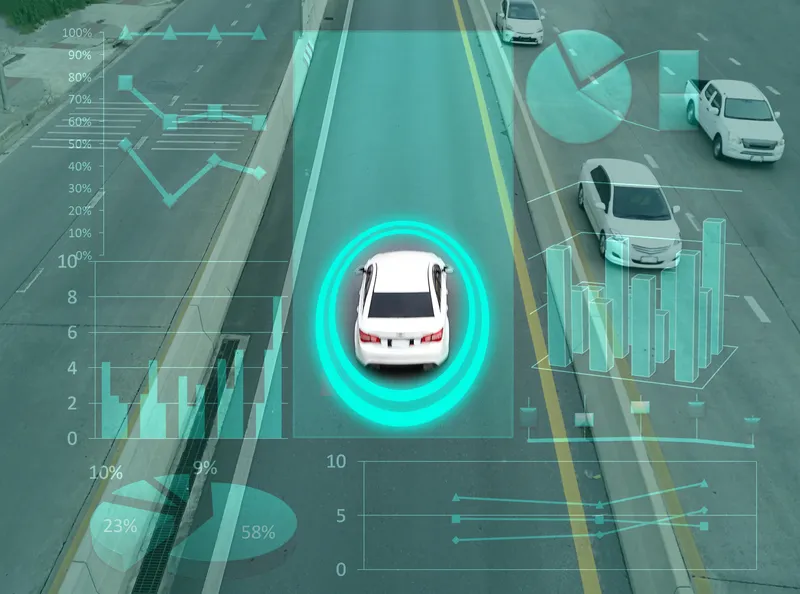Global connectivity specialist Kymeta has successfully connected its 20 cm mTenna satellite antenna subsystem module (ASM) for the consumer connected car industry to the Intelsat satellite constellation. This test continues Kymeta's progress toward bringing high throughput, secure mobile connectivity to the automotive industry and follows the partnership announced with Toyota Motor Corporation in 2016.
The test showcased that Kymeta mTenna technology for consumer vehicles could successfully connect to In
February 24, 2017
Read time: 2 mins
Global connectivity specialist Kymeta has successfully connected its 20 cm mTenna satellite antenna subsystem module (ASM) for the consumer connected car industry to the Intelsat satellite constellation. This test continues Kymeta's progress toward bringing high throughput, secure mobile connectivity to the automotive industry and follows the partnership announced with Toyota Motor Corporation in 2016.
The test showcased that Kymeta mTenna technology for consumer vehicles could successfully connect to Intelsat's Epic satellite network. The test also demonstrated that Kymeta mTenna technology can transmit and receive data with a single aperture, connect to the internet and access YouTube videos and conduct a Skype call, all within its first attempt.
Currently, the only way to take advantage of high throughput satellites (HTS) is with a large, traditional satellite dish with moving parts. The Kymeta satellite solution aims to eliminate the need for a gimballed dish and provide terabyte level capacity to cars allowing broadband level connectivity even in areas that have no terrestrial coverage.
The test is the first step in making a connected car it’s most secure and connected at a global scale. This successful testing was conducted with Intelsat, the world's leading provider of satellite services, which has a partnership agreement with Kymeta to enable satellite connectivity for the auto industry.
The test showcased that Kymeta mTenna technology for consumer vehicles could successfully connect to Intelsat's Epic satellite network. The test also demonstrated that Kymeta mTenna technology can transmit and receive data with a single aperture, connect to the internet and access YouTube videos and conduct a Skype call, all within its first attempt.
Currently, the only way to take advantage of high throughput satellites (HTS) is with a large, traditional satellite dish with moving parts. The Kymeta satellite solution aims to eliminate the need for a gimballed dish and provide terabyte level capacity to cars allowing broadband level connectivity even in areas that have no terrestrial coverage.
The test is the first step in making a connected car it’s most secure and connected at a global scale. This successful testing was conducted with Intelsat, the world's leading provider of satellite services, which has a partnership agreement with Kymeta to enable satellite connectivity for the auto industry.









